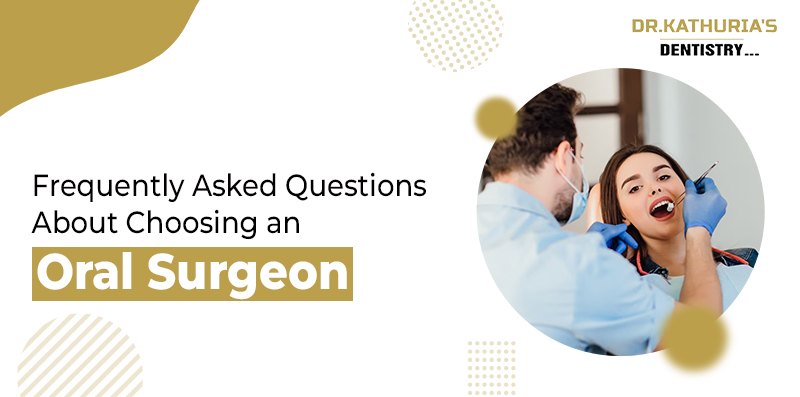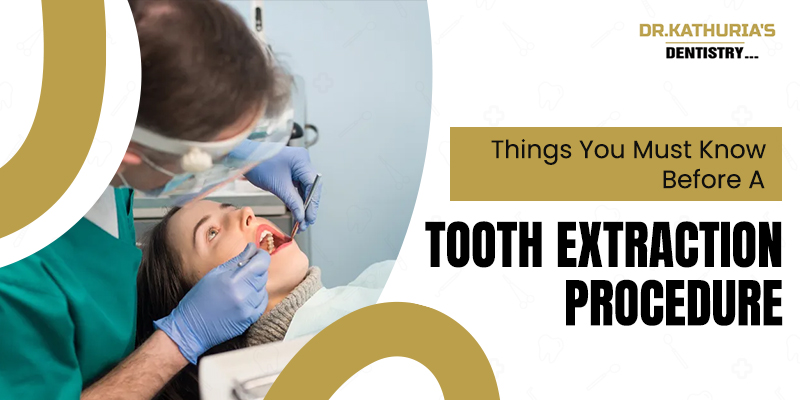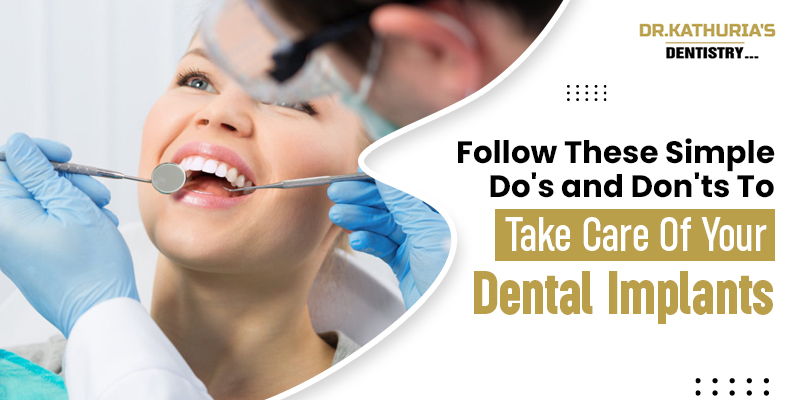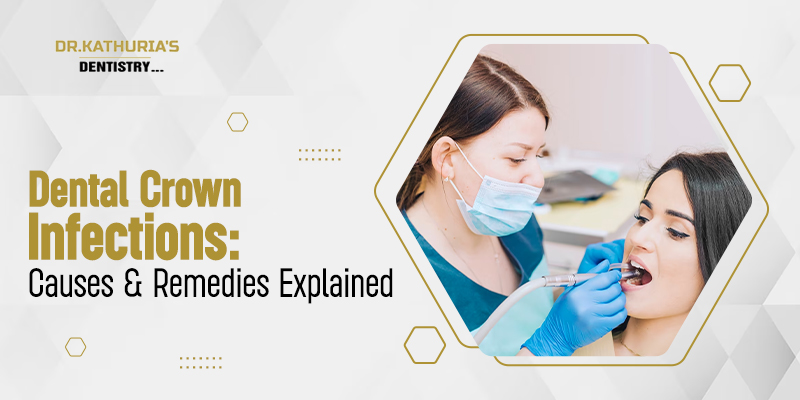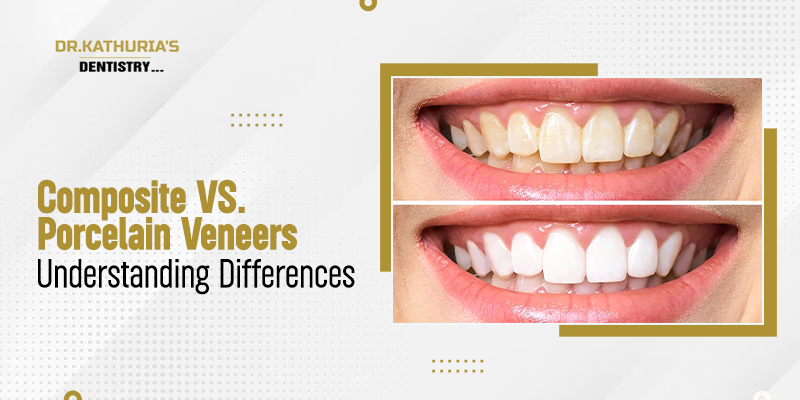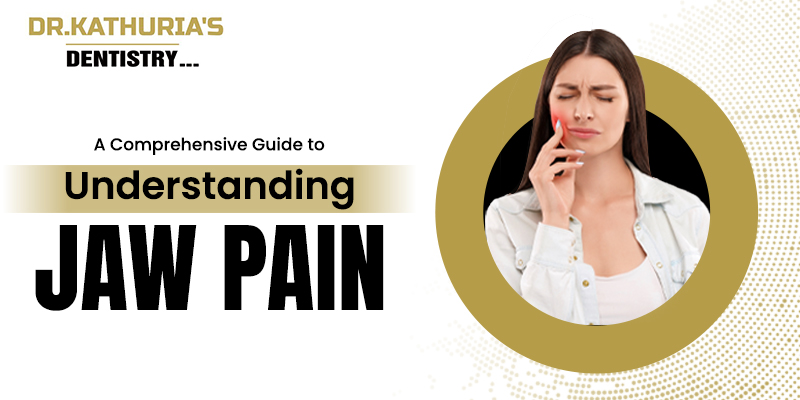Your oral health is an investment in your overall well-being. Getting the best dental care for your oral issues is a big step towards long-term preservation and maintenance of your valuable dental assets, including your smile, confidence and happiness. When it comes to oral surgery, whether it is extracting a wisdom tooth, getting dental implants, or addressing a more complex task, choosing the right oral surgeon is crucial. Delhi boasts a plethora of dental professionals, each marketing itself as the best in the field. So, how do you find yourself specialists in the treatment you require, for instance, finding the best dental implants in south Delhi?
Here are some frequently asked questions which can help you choose an experienced and expert oral surgeon in Delhi-
- How do I find a qualified oral surgeon?
Start by asking your dentist for recommendations. They often work closely with oral surgeons and can provide insights. You can also check with your insurance provider for a list of in-network oral surgeons. Online reviews and referrals from friends and family can be valuable as well.
- What qualifications should I look for in an oral surgeon?
Ensure the oral surgeon is board-certified by organisations like the Indian Board of Oral and Maxillofacial Surgeons (IBOMS). The certification demonstrates their commitment to excellence and ongoing education. Additionally, check their experience in the specific procedure you need.
- Are they equipped with the latest technology and advanced procedures?
Modern surgical techniques and technology can enhance the precision and safety of procedures. Inquire about the equipment and technology the oral surgeon uses, especially if you are considering complex surgeries like dental implants or bone grafts.
- Are there any alternatives to surgery?
In some cases, there might be non-surgical alternatives. An experienced dental surgeon will discuss all available options with you and help you make an informed decision.
- Do they offer sedation options?
Many oral surgery procedures can cause anxiety, so discussing sedation options with your surgeon is essential. Ask about the types of sedation available, which is suitable for your comfort, and the complexity of the procedure.
- Can I get a consultation before the surgery?
It’s highly recommended to schedule a consultation with your chosen oral surgeon. The meeting allows you to discuss your concerns, ask questions, and understand the surgical process in detail. For instance, if you are considering dental implants, you can discuss all your queries in a consultation session. The specialists providing the best full dental implants in south Delhi should happily assist you in providing the required information and patiently answering all your questions.
- What about insurance and payment options? Is the package price all-inclusive?
Check whether the oral surgeon accepts your dental insurance and if they offer payment plans or financing options. Moreover, ensure the price of the procedure is all-inclusive, without any hidden costs. Understanding the financial aspects upfront can help you plan accordingly.
- What should I expect during the recovery period?
Your oral surgeon should provide clear post-operative instructions. Ask about the expected recovery time, potential complications, and when to resume your regular activities.
- How can I prepare for oral surgery?
Being well-prepared can contribute to a smoother surgical experience. The surgeon should provide a set of pre-operative instructions and post-operative care guidelines. This may include fasting before surgery, arranging transportation, having someone to assist you after the procedure and maintaining proper care and hygiene thereafter.
Also read- When to Consult A Dentist For Your Teeth Cleaning and Whitening?
In Summation:
Oral surgeries need to be performed with utmost care and precision. Choosing an oral surgeon is a significant decision, and having answers to these common questions can help you make an informed choice. Surgeries such as dental implants are a revolutionary solution for tooth replacement. Leading clinics providing the best dental implants in South Delhi always encourage open communication and trust between the patient and the surgeon – a prerequisite for a successful surgical experience. You can look forward to a comfortable, long-lasting, radiant smile with the right implant specialist, such as Dr. Kathuria’s Dentistry, a renowned name in providing the best full dental implants in South Delhi. We understand your unique needs and requirements and assure you of a comfortable, stress-free journey towards a happier and healthier smile.
 Australia No
Australia No Canada No
Canada No India Toll Free No
India Toll Free No UK No
UK No USA No
USA No






